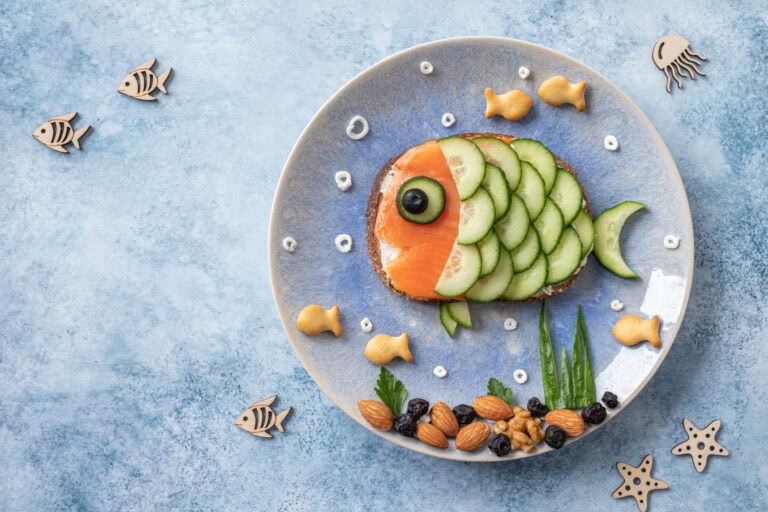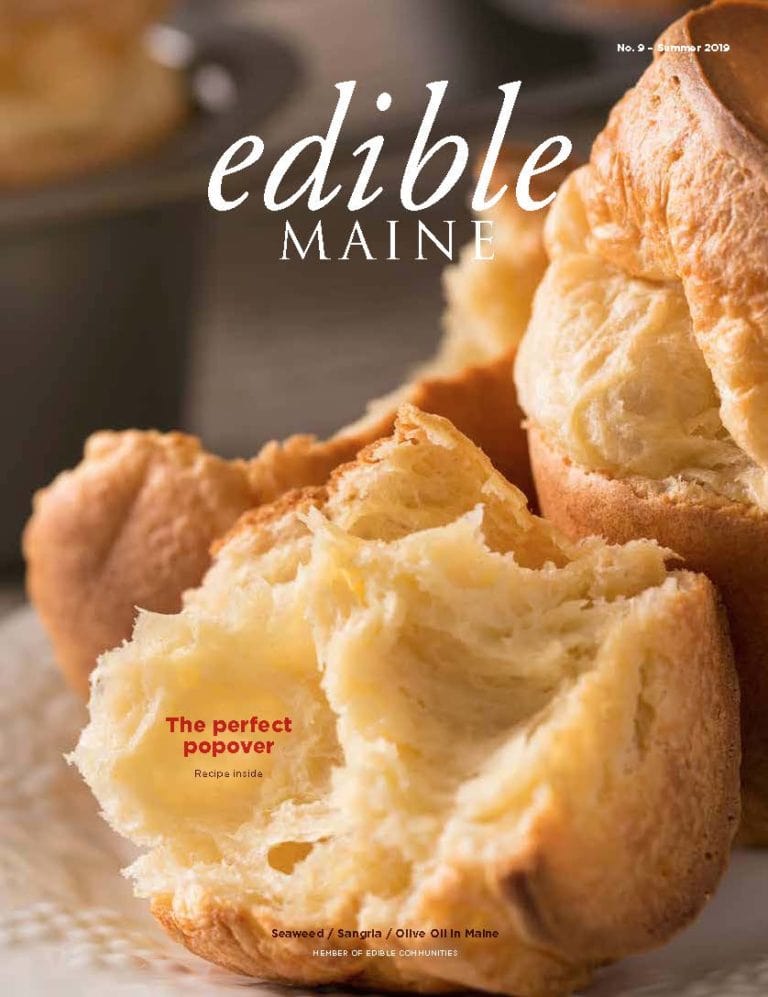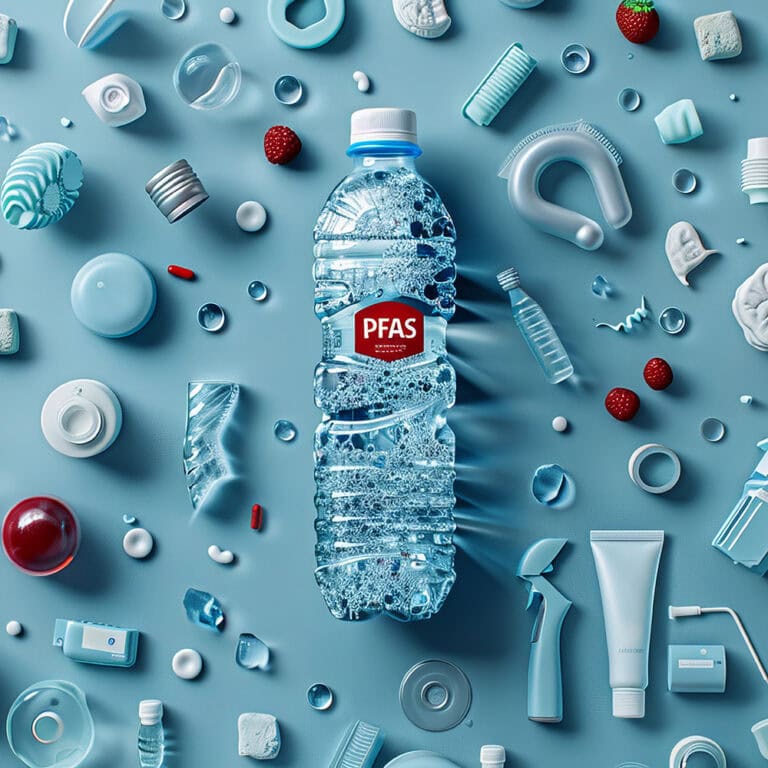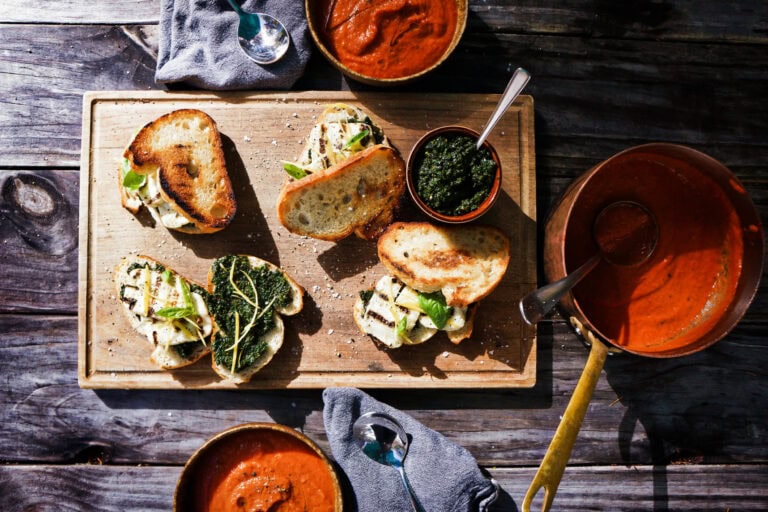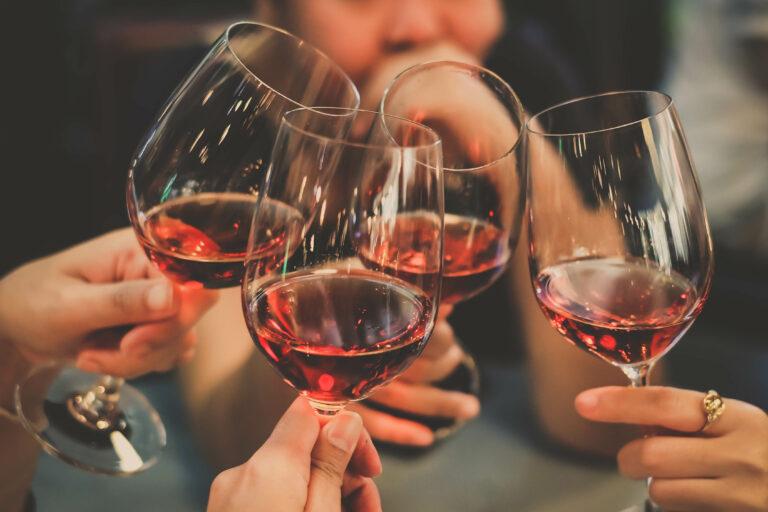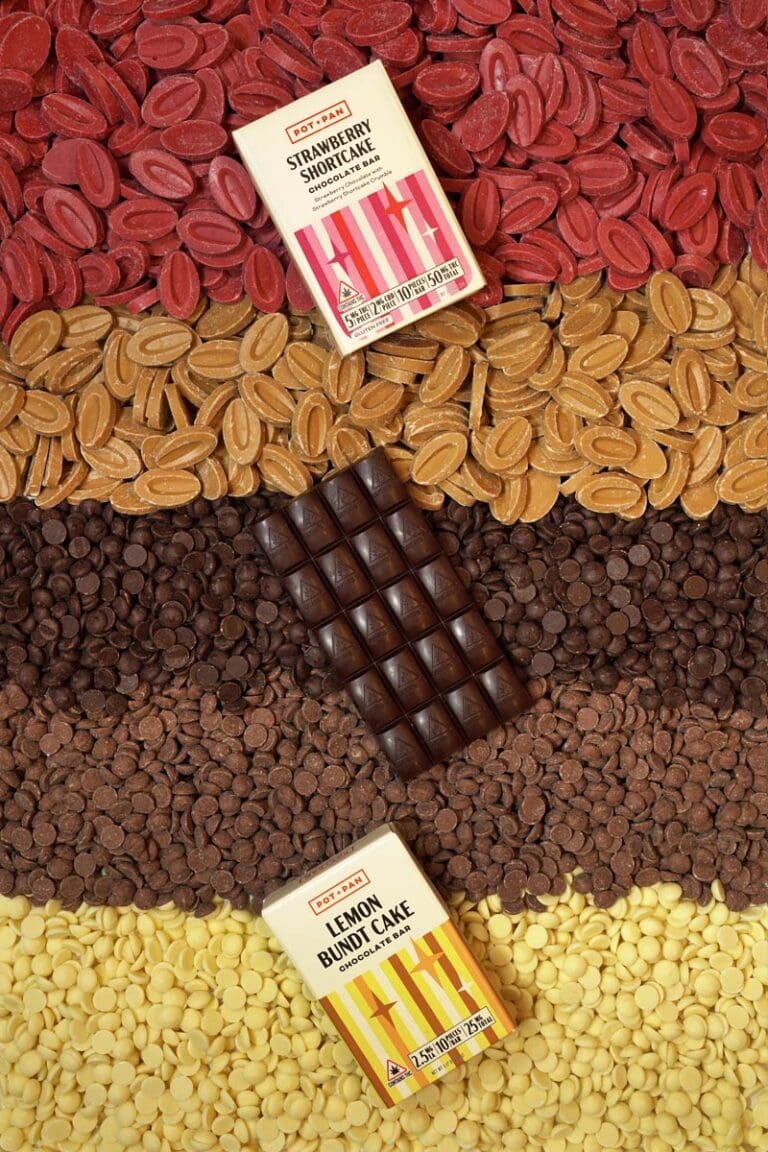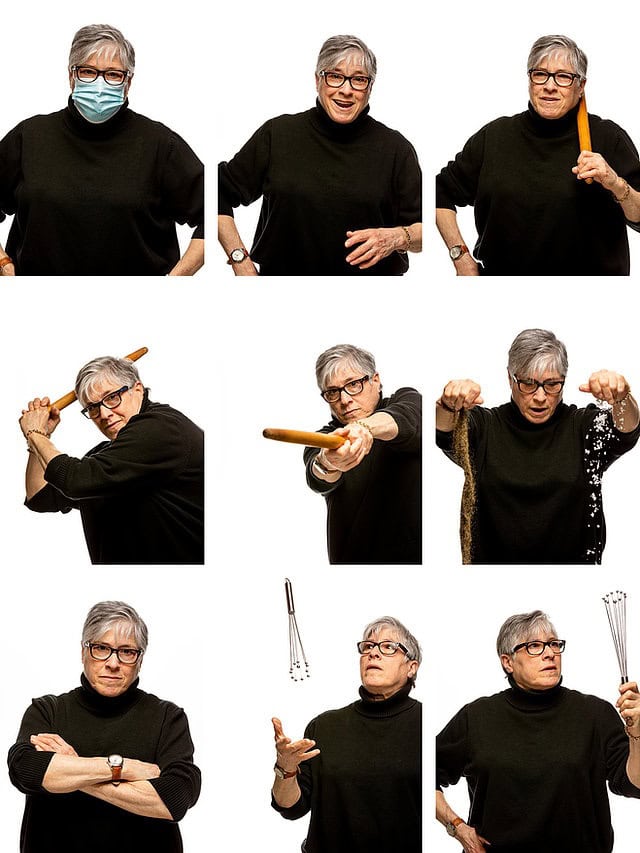Have you noticed the curved metal structure sitting incongruously on top of the Scales restaurant on Commercial Street in Portland? That’s The Hús, home to the New England Ocean Cluster, a co-working, business incubator space where maritime-minded entrepreneurs, scholars, and nonprofit environmental groups connect on how to best make Maine flourish in the new Blue Economy. The shared purpose of folks working in The Hús is to float all boats that participate in the sustainable ocean resource economy (think shellfish and seaweed aquaculture, sustainable fisheries, and low-impact coastal tourism).
The Lady Shuckers, who run their business out of The Hús, cater to that cause.
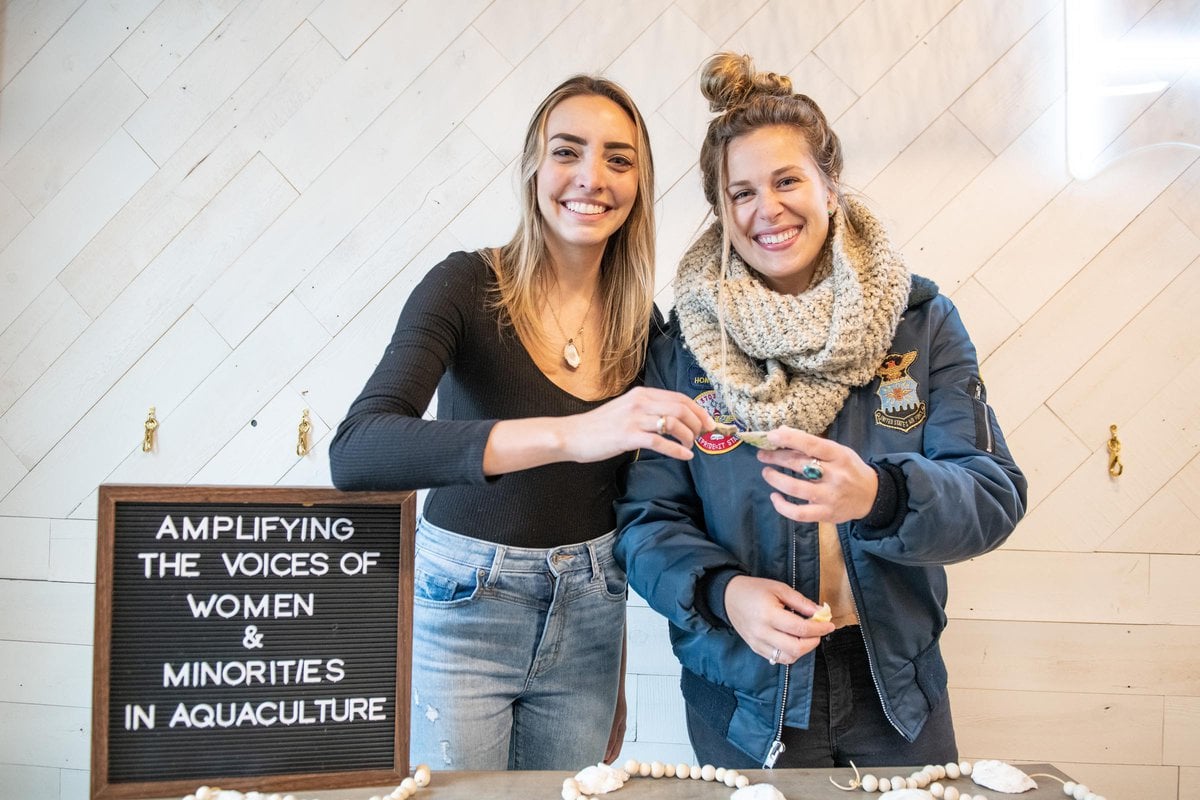
The business is an oyster-centric mobile raw bar, run by besties Jacqueline Clarke and Libby Davis. You can hire The Lady Shuckers to crack open as many oysters as you need for your next dinner party, backyard birthday celebration, wedding, or business meeting—their record is 500 in a single event. They also pop up at various breweries and bars around Portland.
Popeye forearms aside, these two lady shuckers know a lot about oysters. Clarke, a practicing attorney, has worked in the seafood business for 17 years and consults with aquaculture farms nationally. Davis works for the Maine Oyster Company, an operation that grows Maine oysters, runs a Portland restaurant showcasing them, hosts oyster events, and conducts shucking classes.
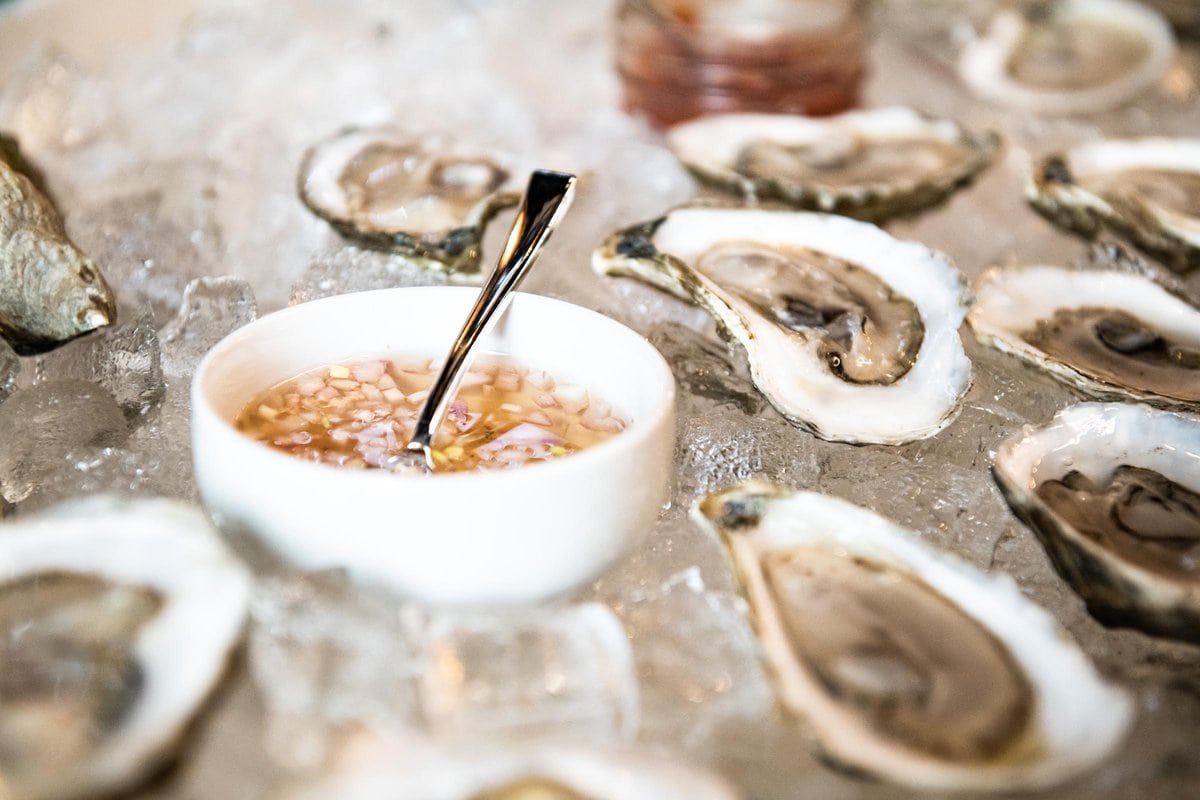
Through their jobs, the partners connected with “amazing women in the industry” and realized the positive force they were bringing to aquaculture, a space dominated by white males. “We put our heads together and thought, ‘Lady shuckers—we can do it too!’” says Davis.
The pair founded the company last summer with startup funds from the Maine Sea Grant and a mission to champion the underrepresented female voice in aquaculture and make visible LGBTQIA+ and BIPOC groups traditionally absent on the working waterfront. They source their oysters from women-owned farms up and down the Maine coast, which they say number only 22 out of 150+ commercial farms.
“We are committed to not only serving the freshest oysters raised on women-owned oyster farms, but to engaging consumers at our events with the stories behind the products,” says Davis.
Last summer the operation comprised two coolers, compostable dishes, and lots of seaweed. And, of course, oysters. “A glorified lemonade stand,” says Clarke. Some of the spots you can find The Lady Shuckers include Après, Belleflower Brewing Company, and Austin Street Brewery.
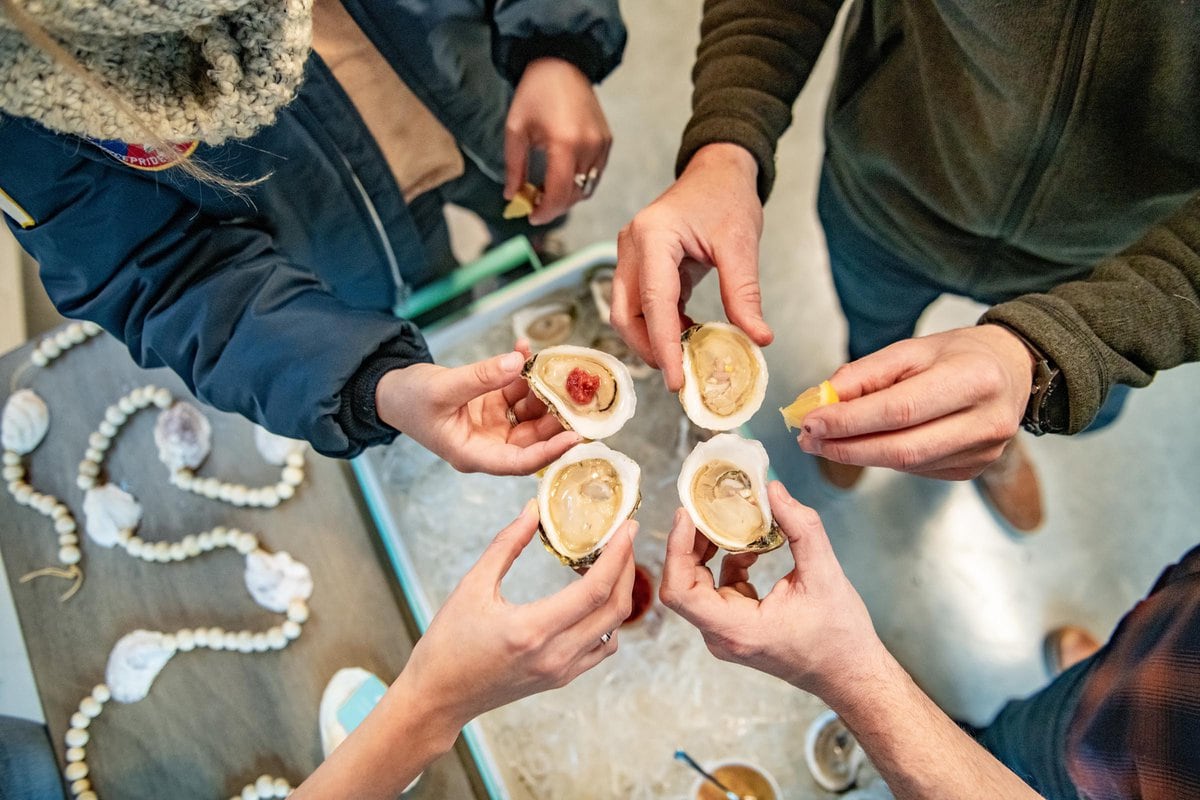
While one of the partners shucks, the other talks. They have fun. They answer questions. They explain how unglamorous the work of oyster aquaculture is. “You’re out on the water at 5 a.m. covered in mud,” Clarke explains. “It’s cold in December—and on a morning in June too, sometimes.”
The Lady Shuckers make sure people who have never had an oyster before (and there’s at least one at every event) come away thinking they’ve had the best oyster of their lives. “It’s not just us at the end of the day that we’re representing—we’re representing the farmers we work with too,” says Davis.
This year, Clarke and Davis plan to be at private and public events every weekend from June through November. They dream that in five years, there will be Lady Shuckers franchises—one mobile oyster bar unit in Portland, then another deployed to somewhere like Augusta, where oysters are not as accessible, then maybe one in Boston or one in New York. “If we can keep the price point high for the farmers and push [oysters] outside Maine borders into other markets, then we can put more money into farmers’ pockets,” says Clarke.
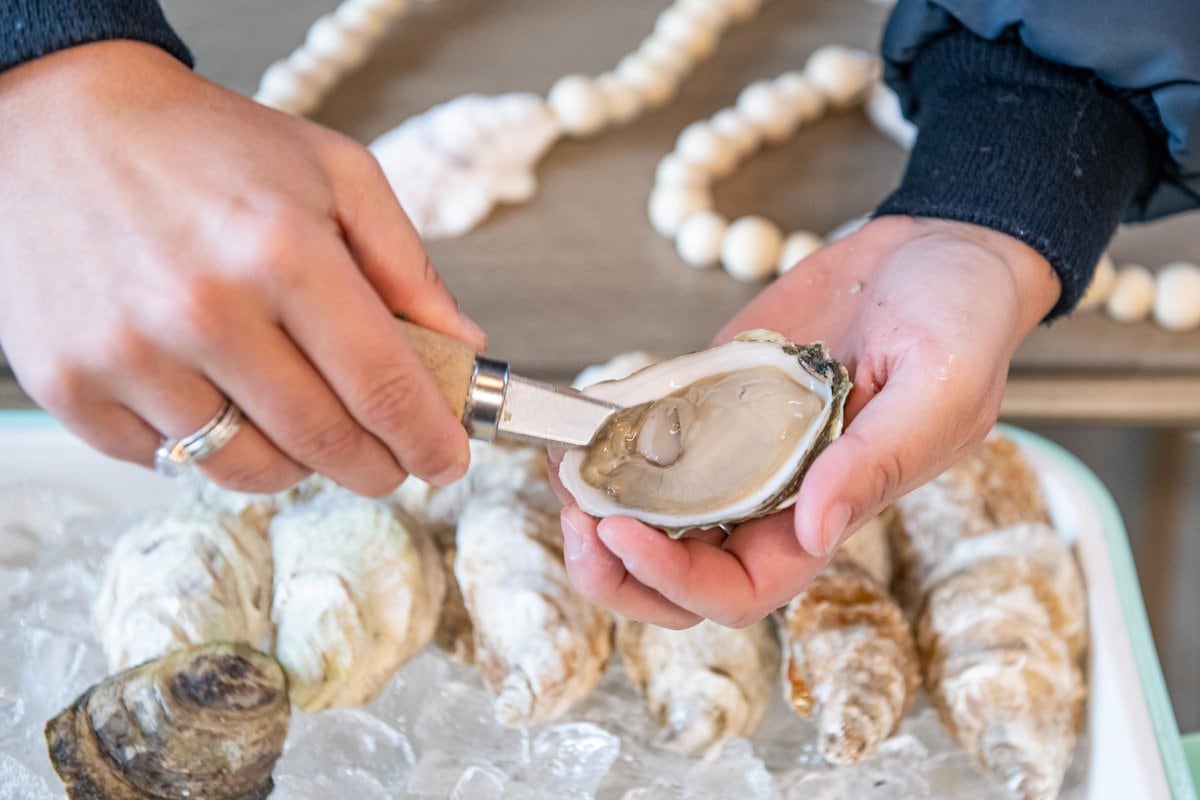
Part and parcel of pushing oysters to a wider audience is instructing others how to shuck them.
“It’s not rocket science to open an oyster, but it does take a little bit of finesse. … People don’t realize the quality of the shuck can affect the taste profile,” says Clarke.
If a shucker rips the flesh or leaves a piece of shell in the liquor, it alters both the flavors from the individual parts of the oyster and the texture.
Follow The Lady Shuckers’ lead and, please, shuck responsibly.







